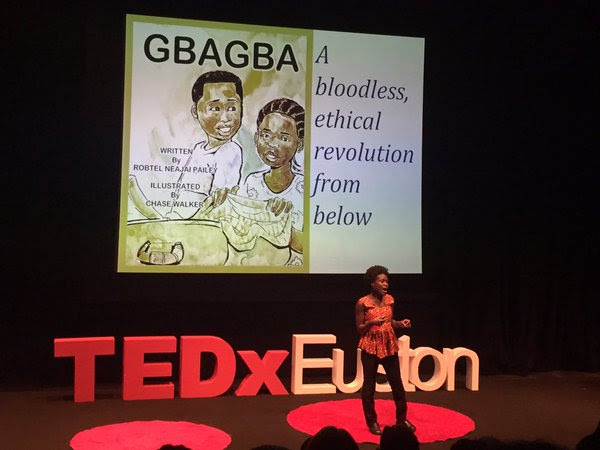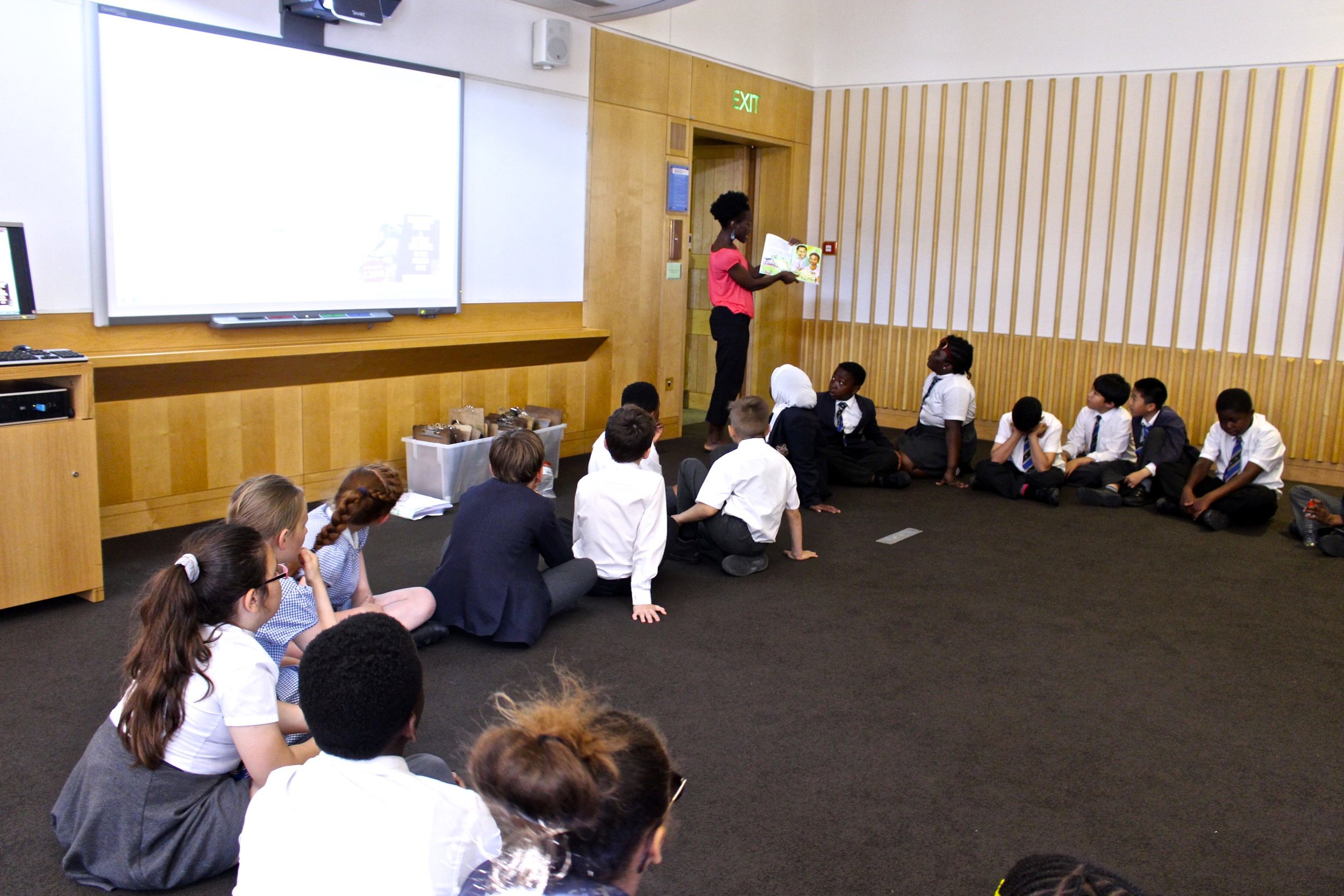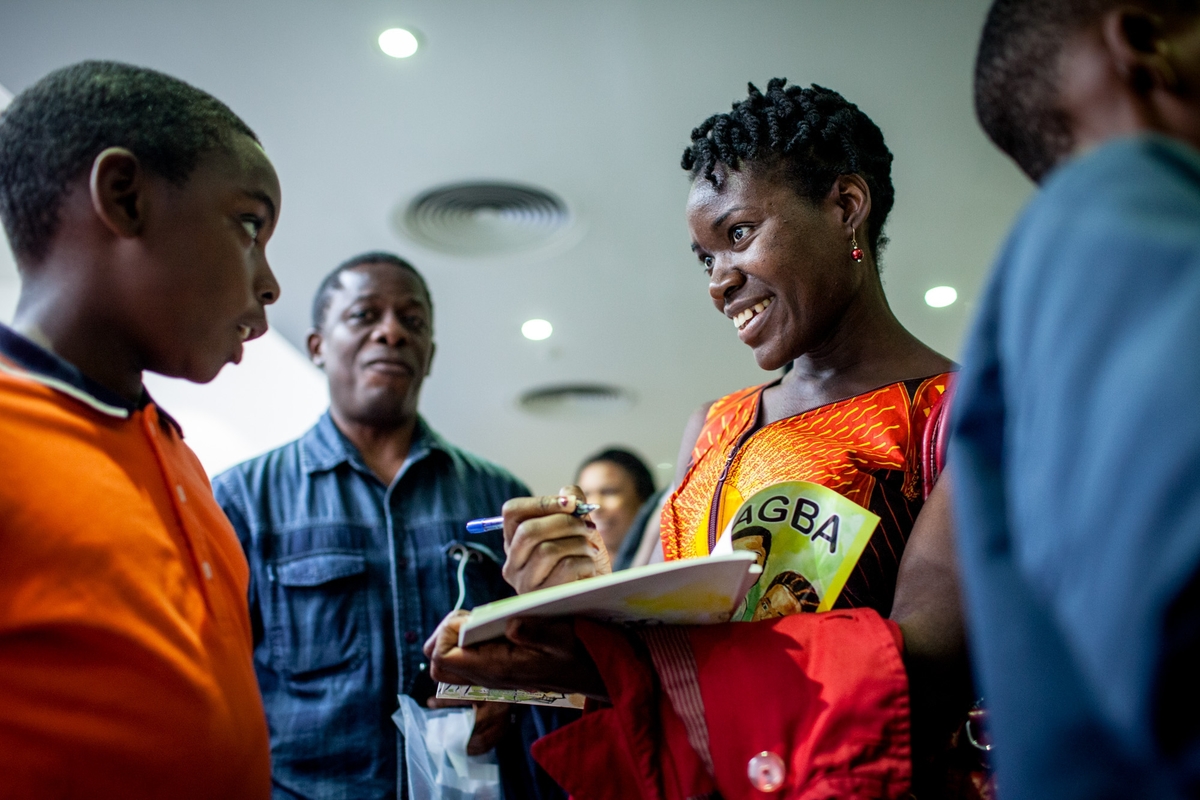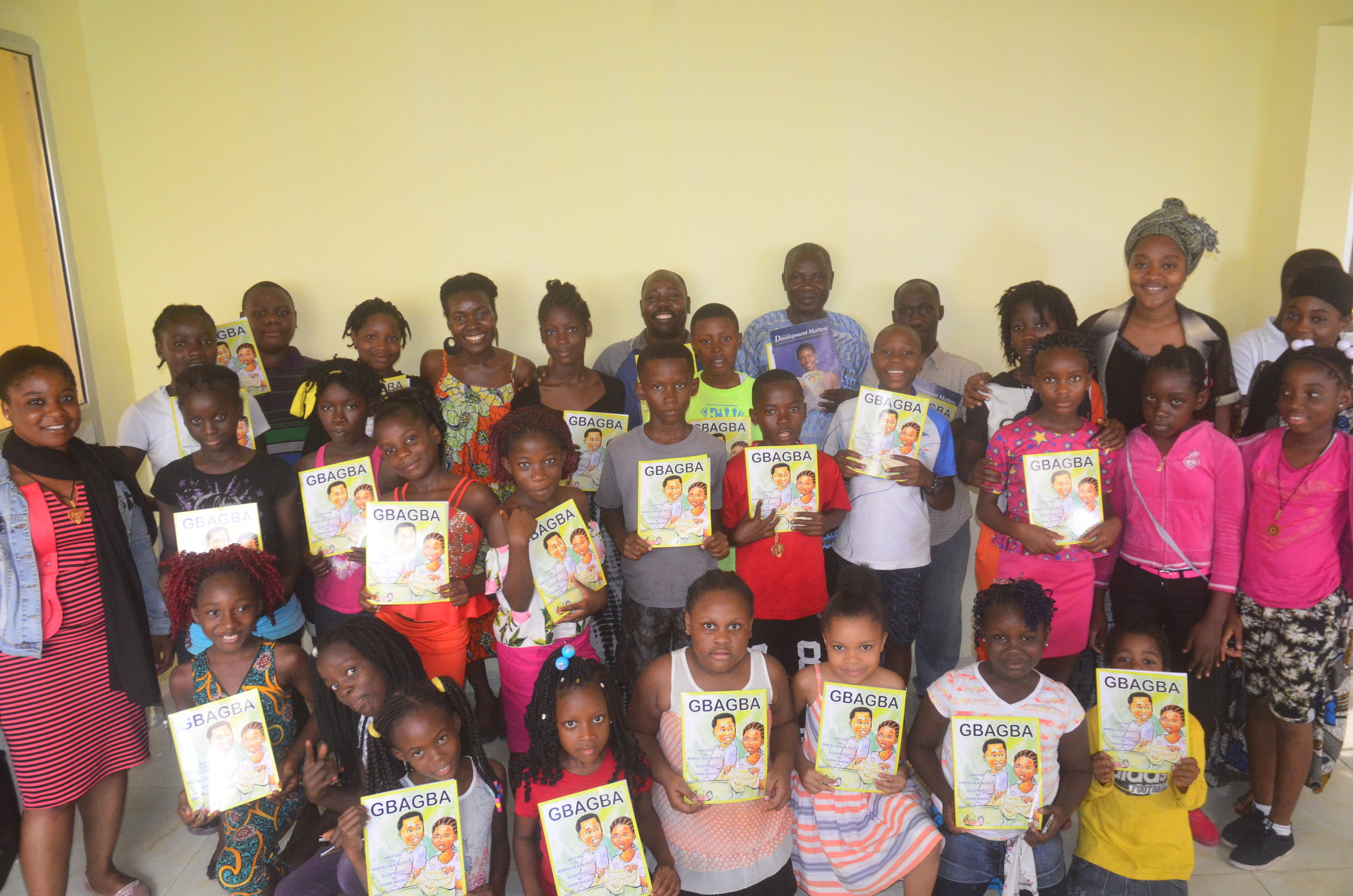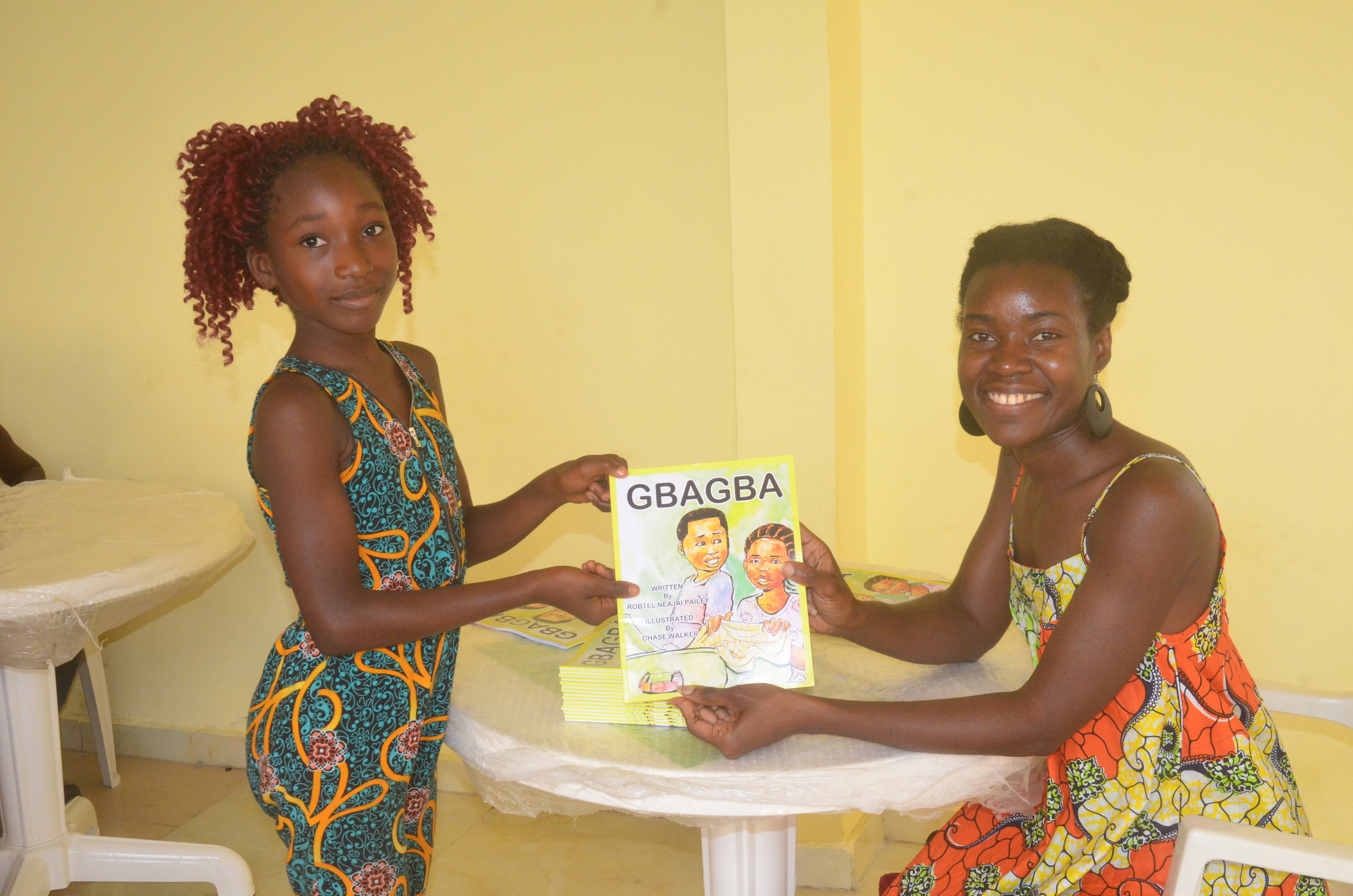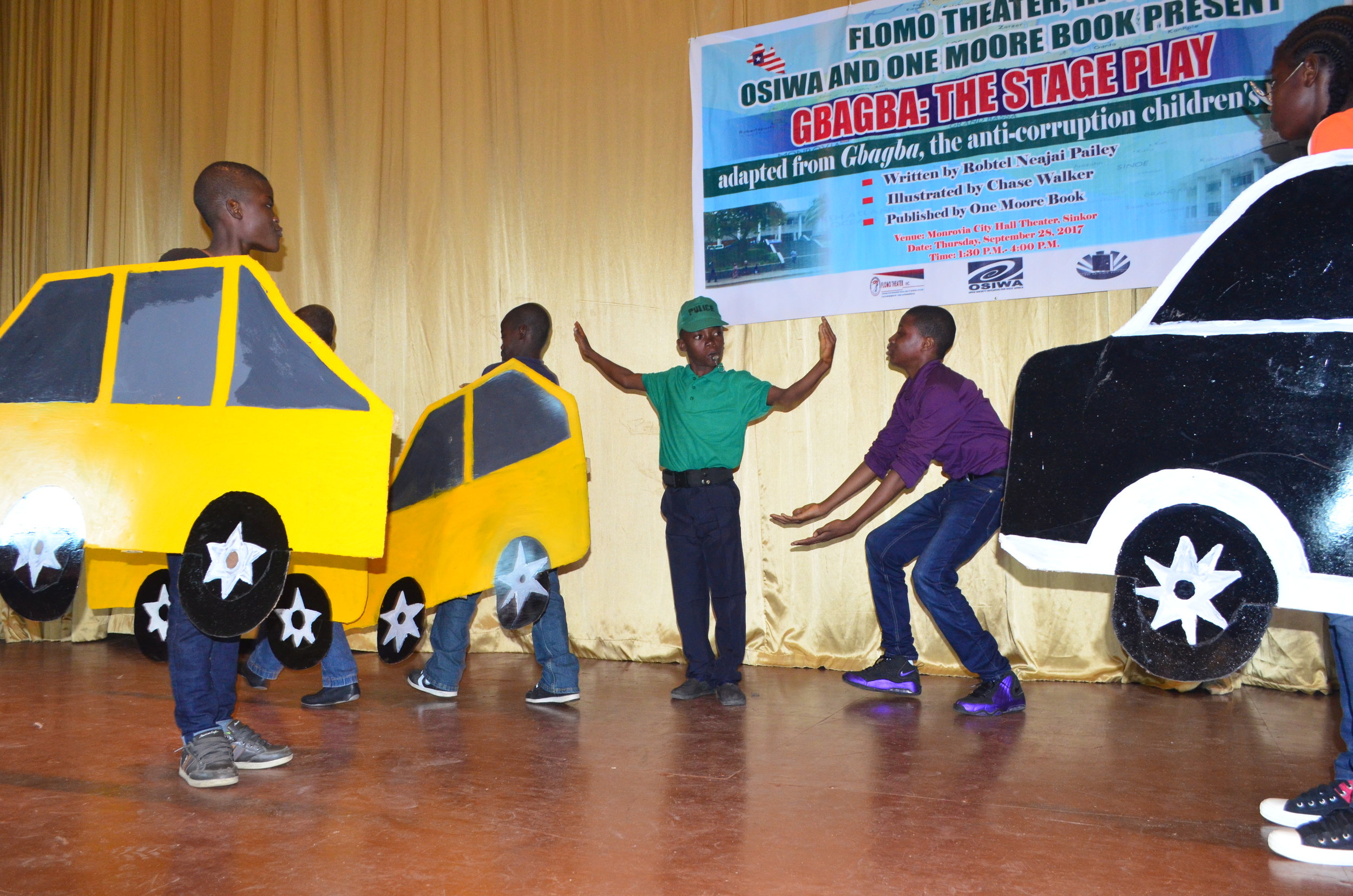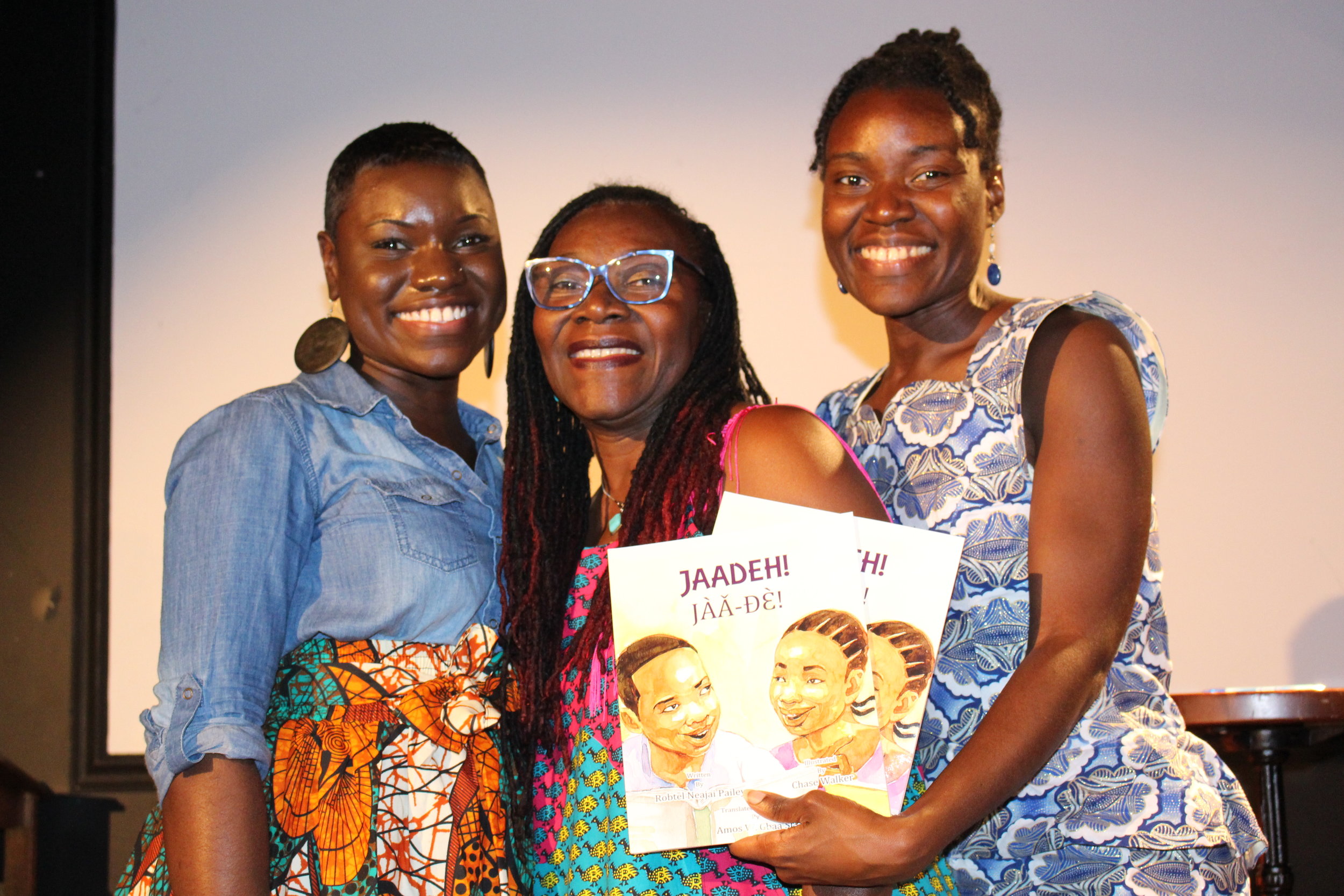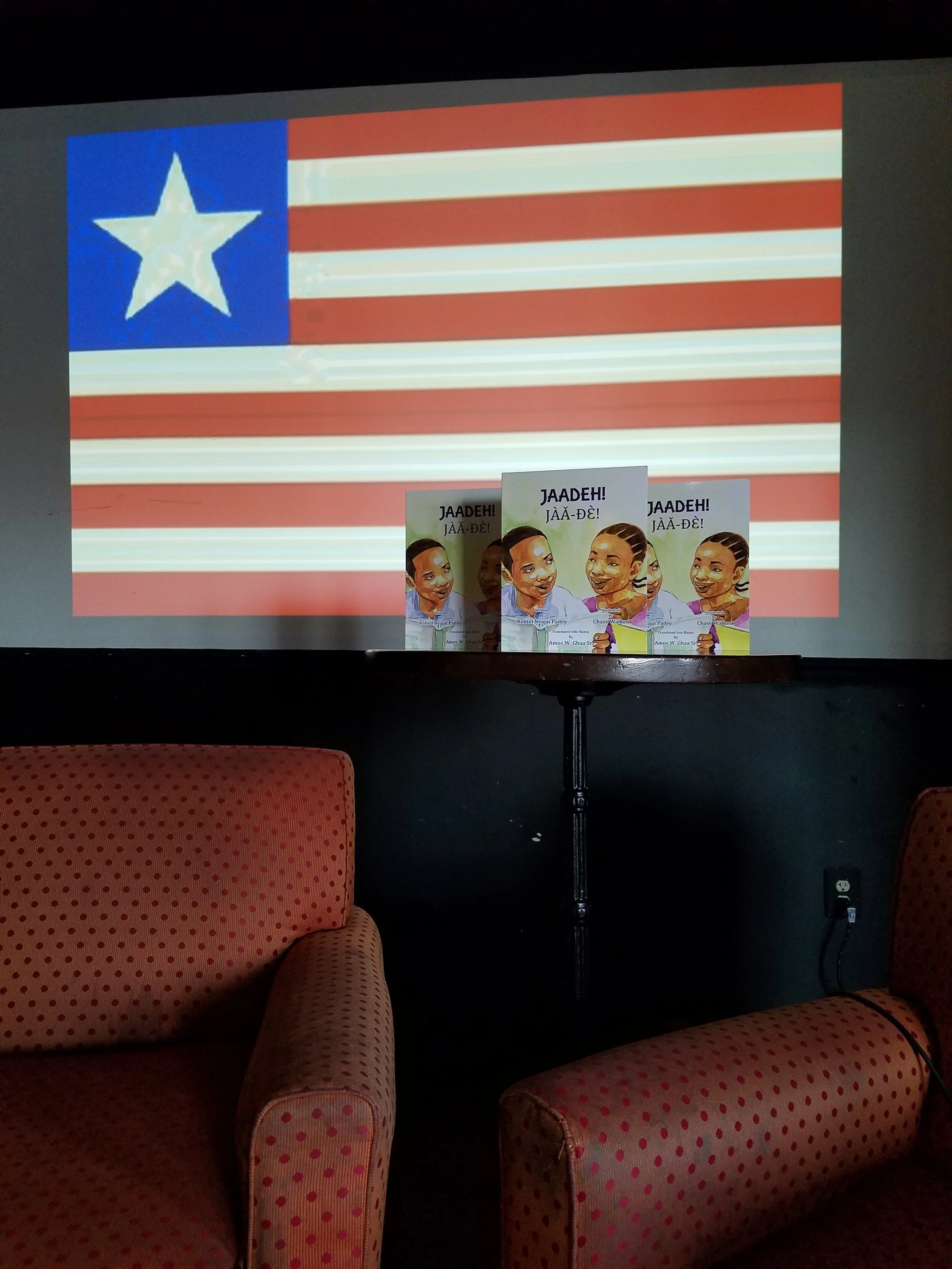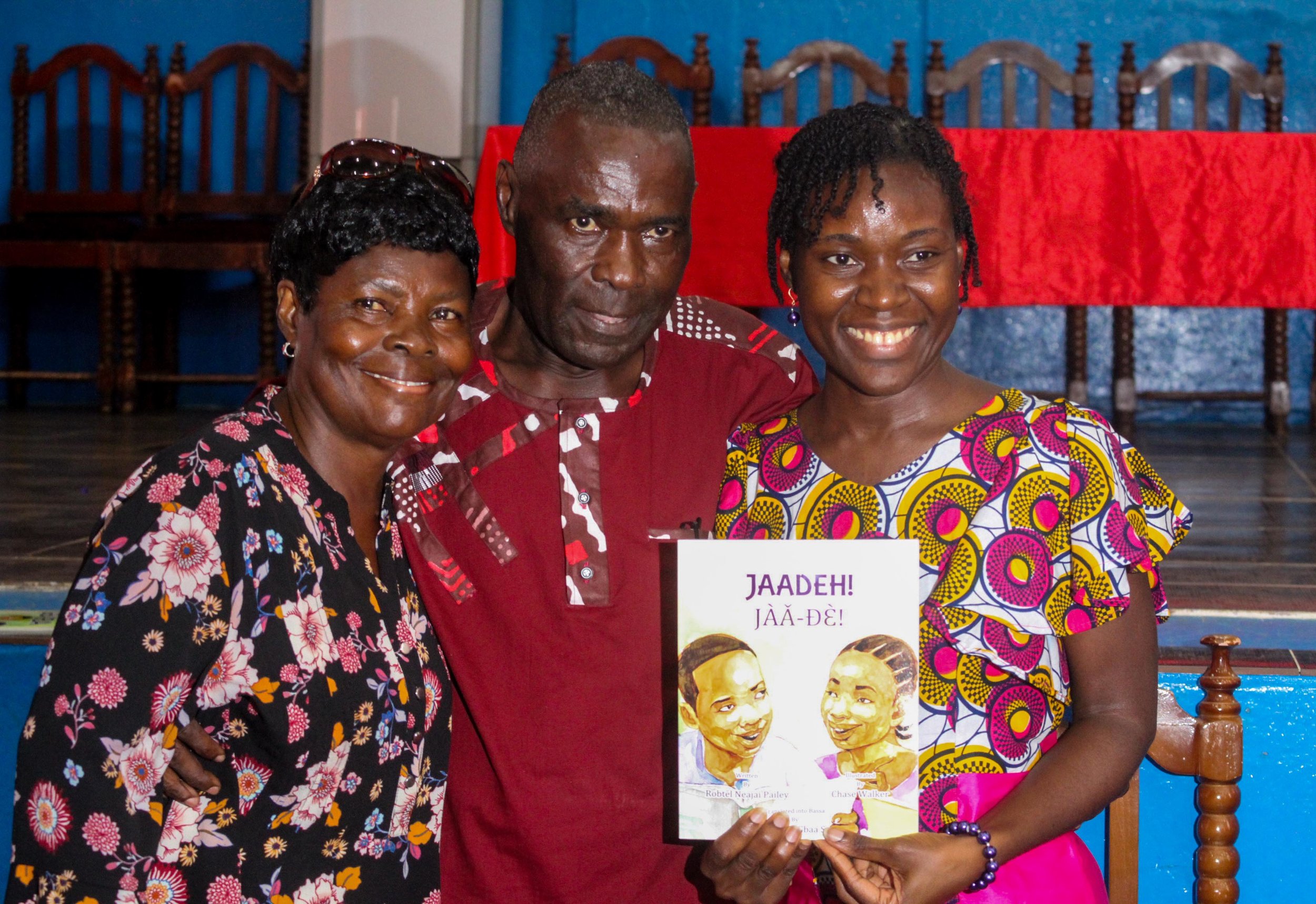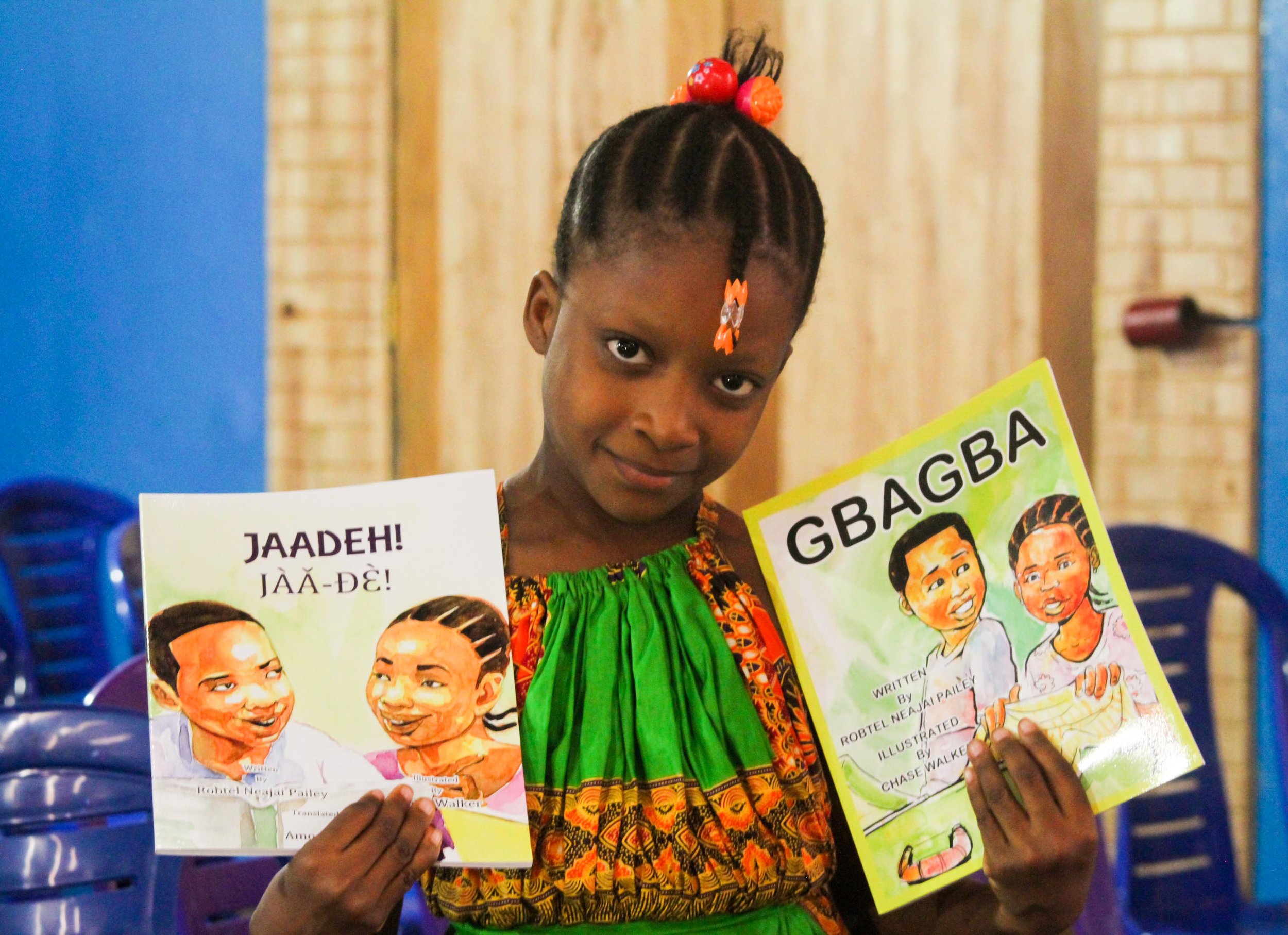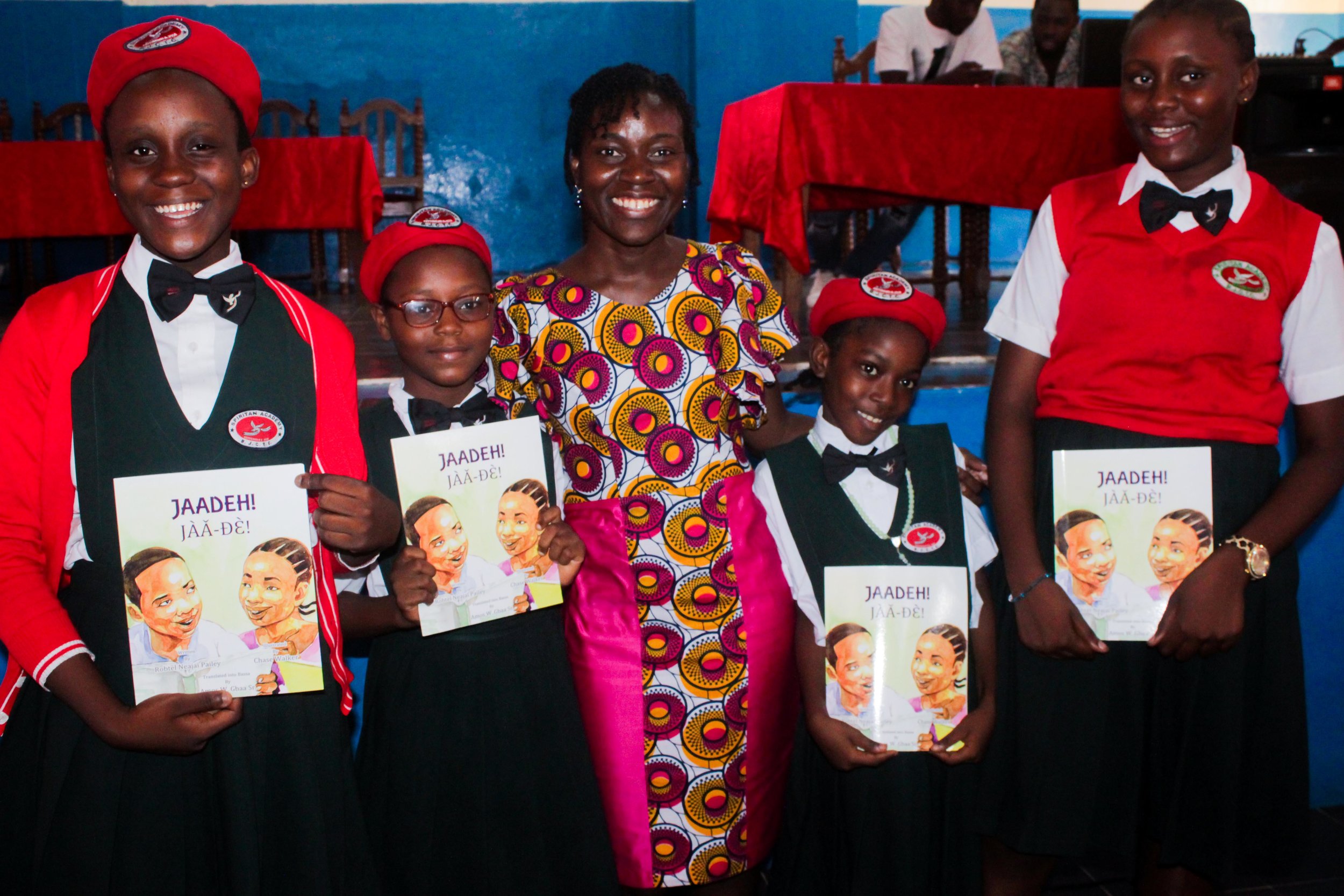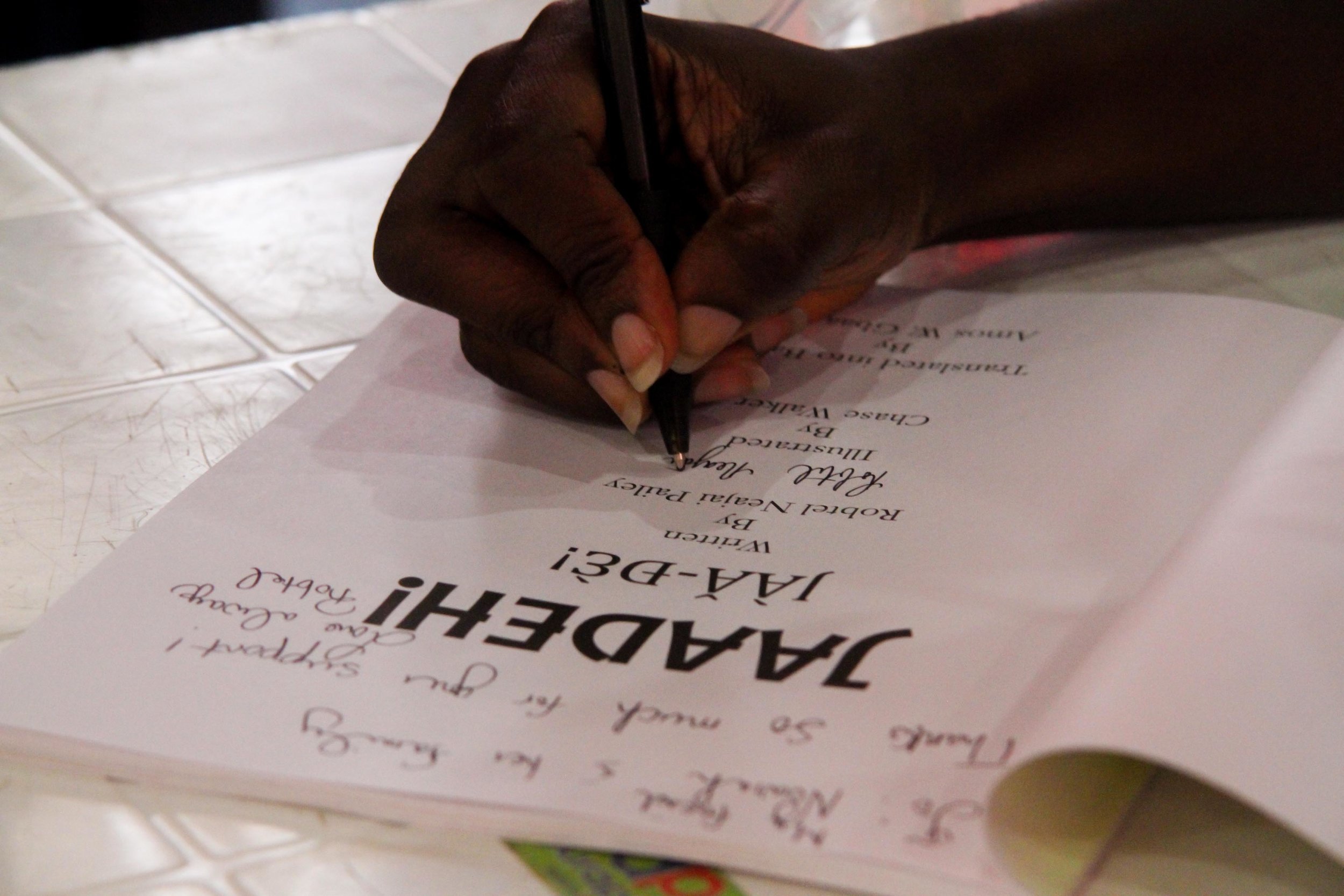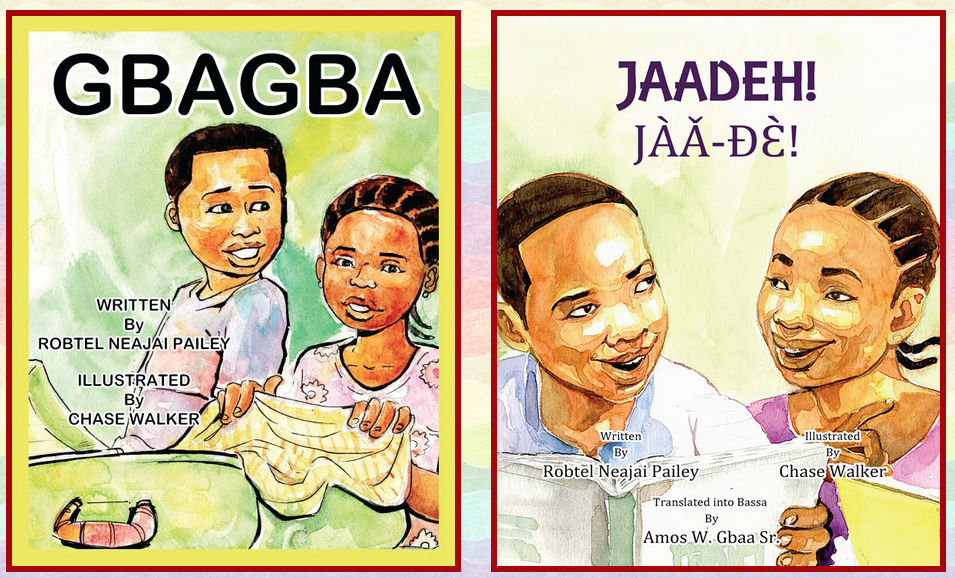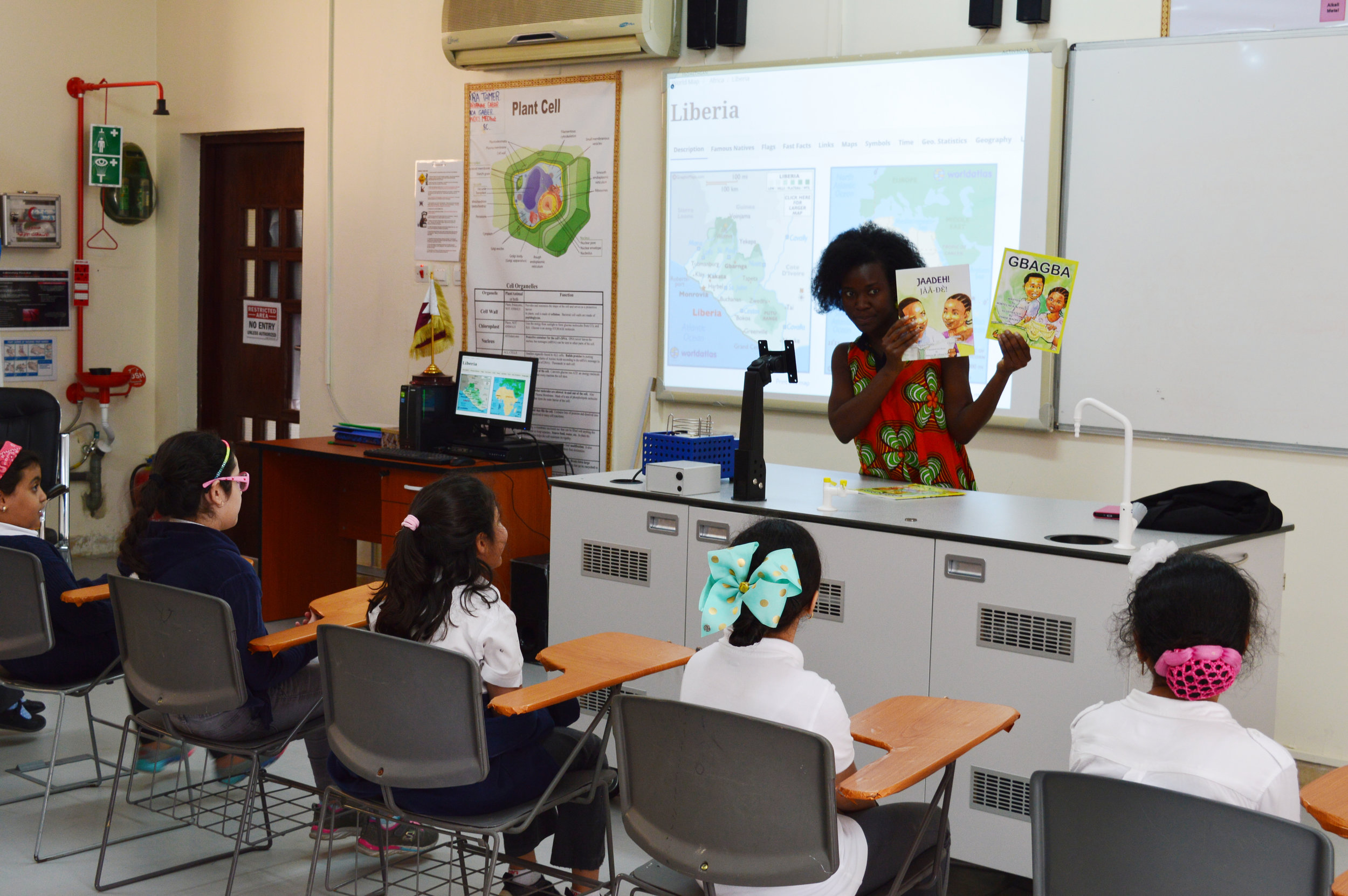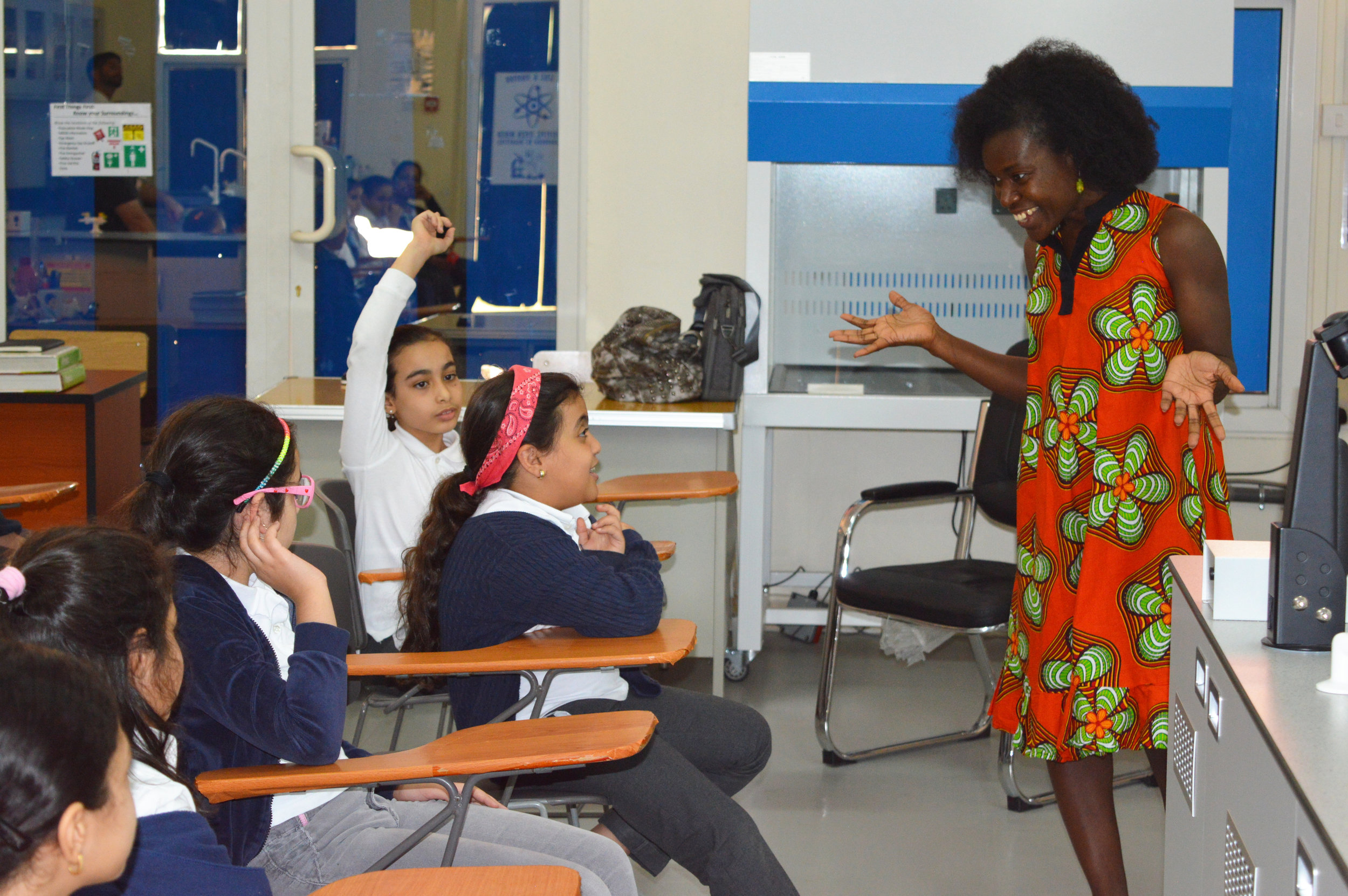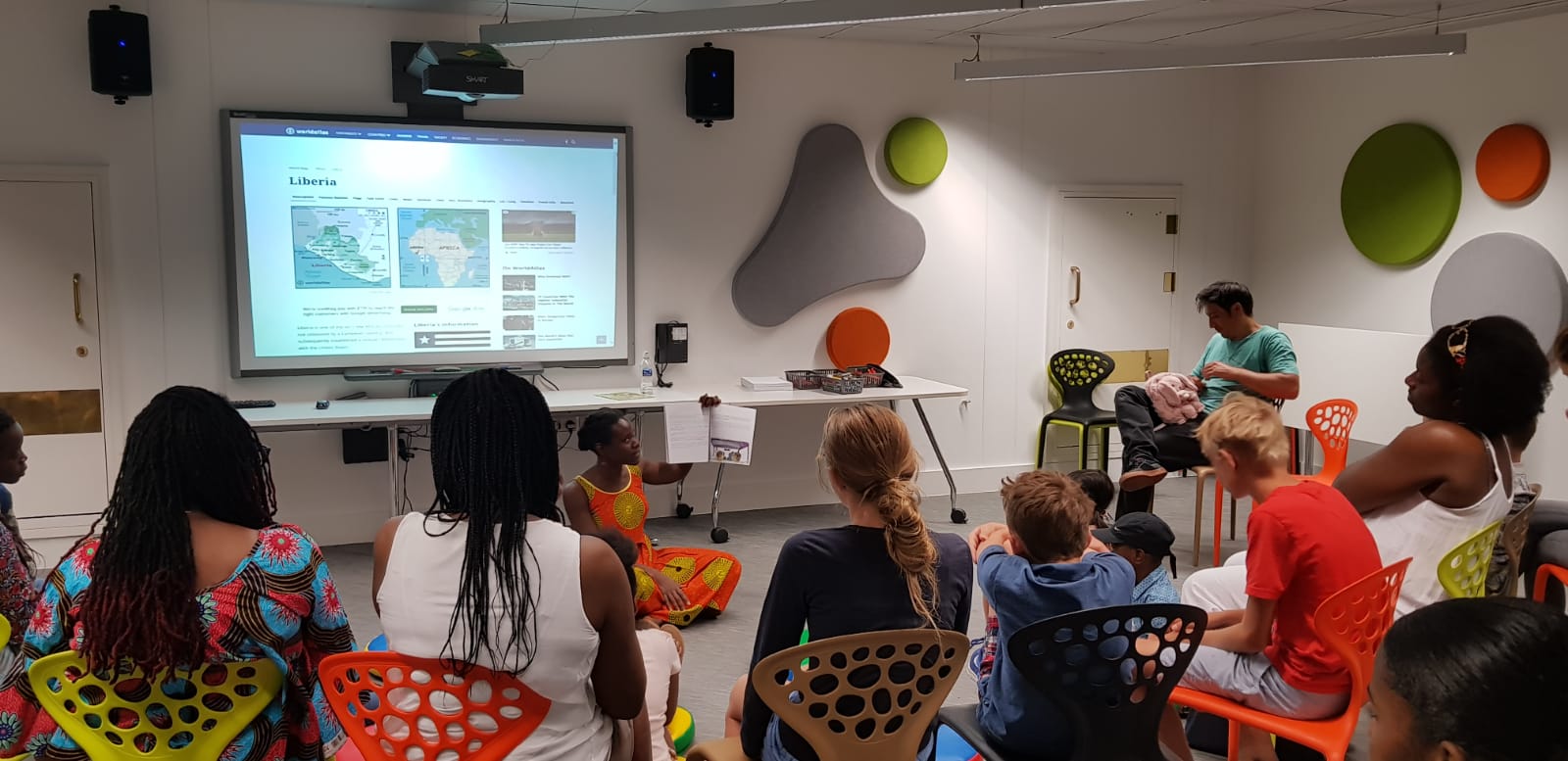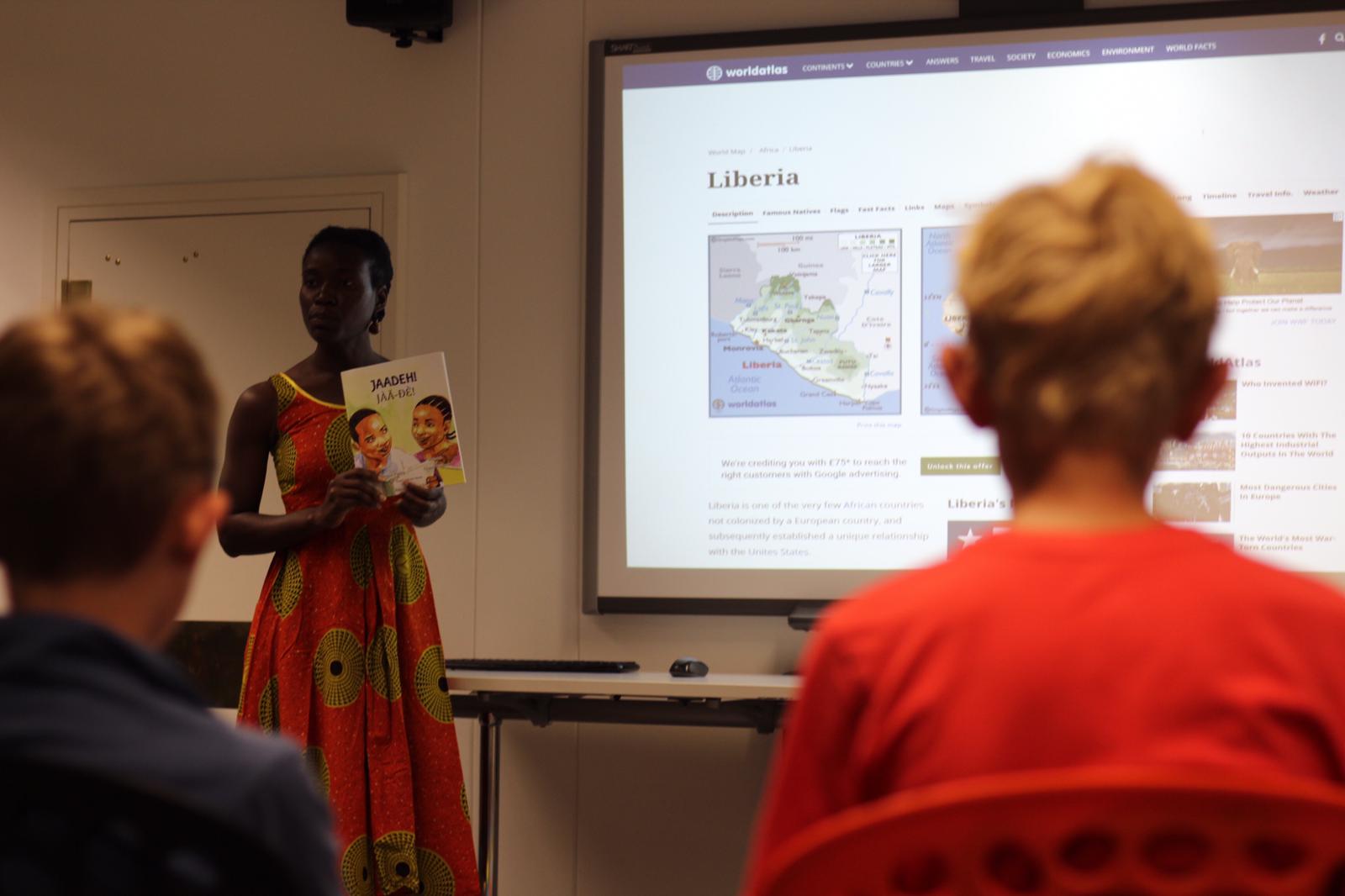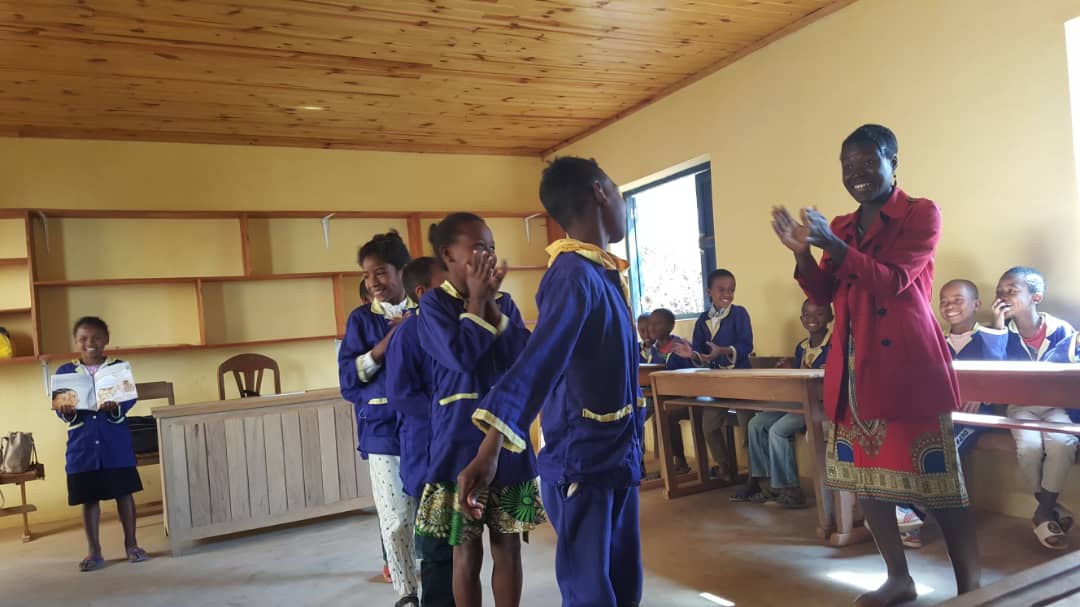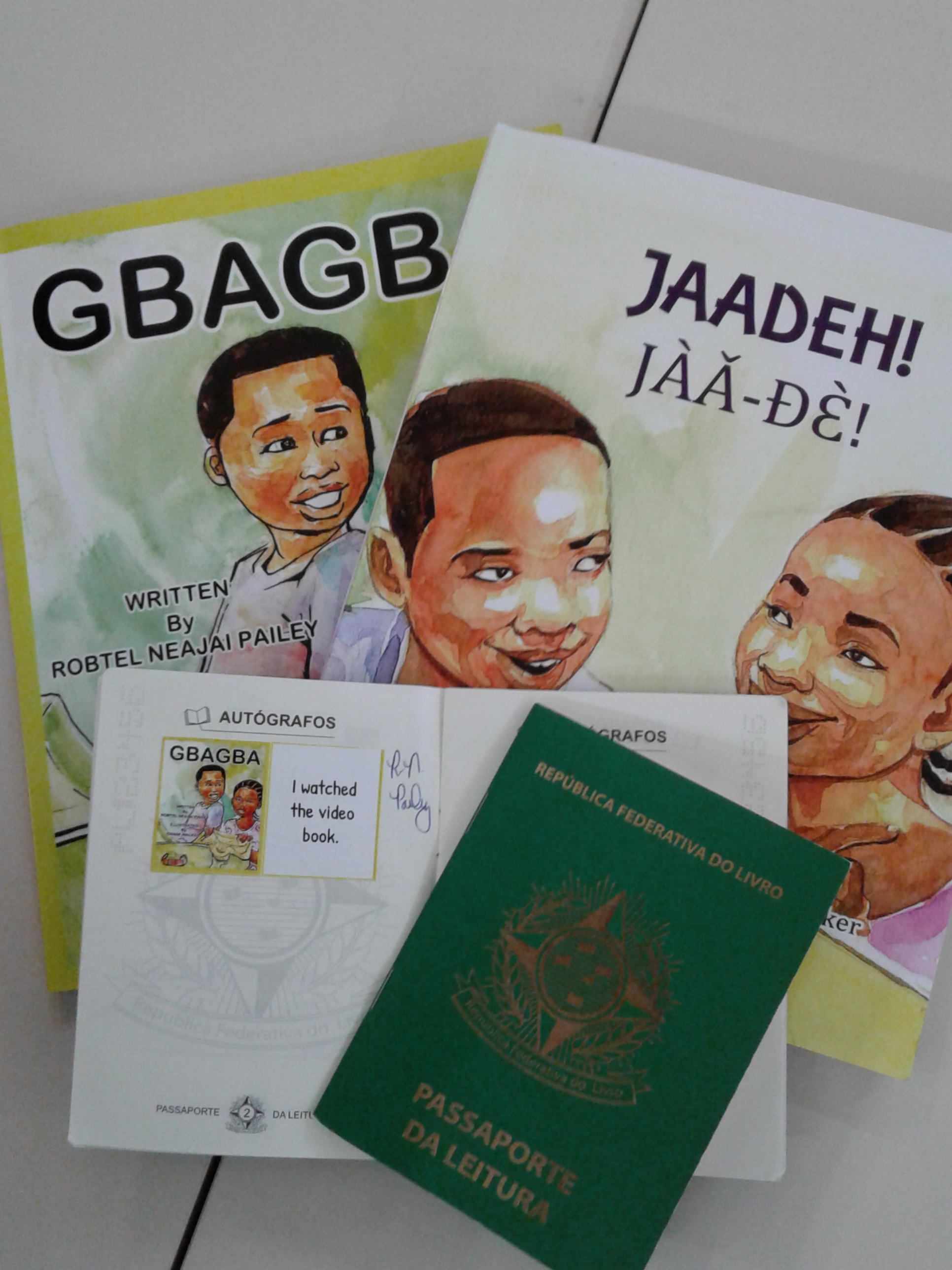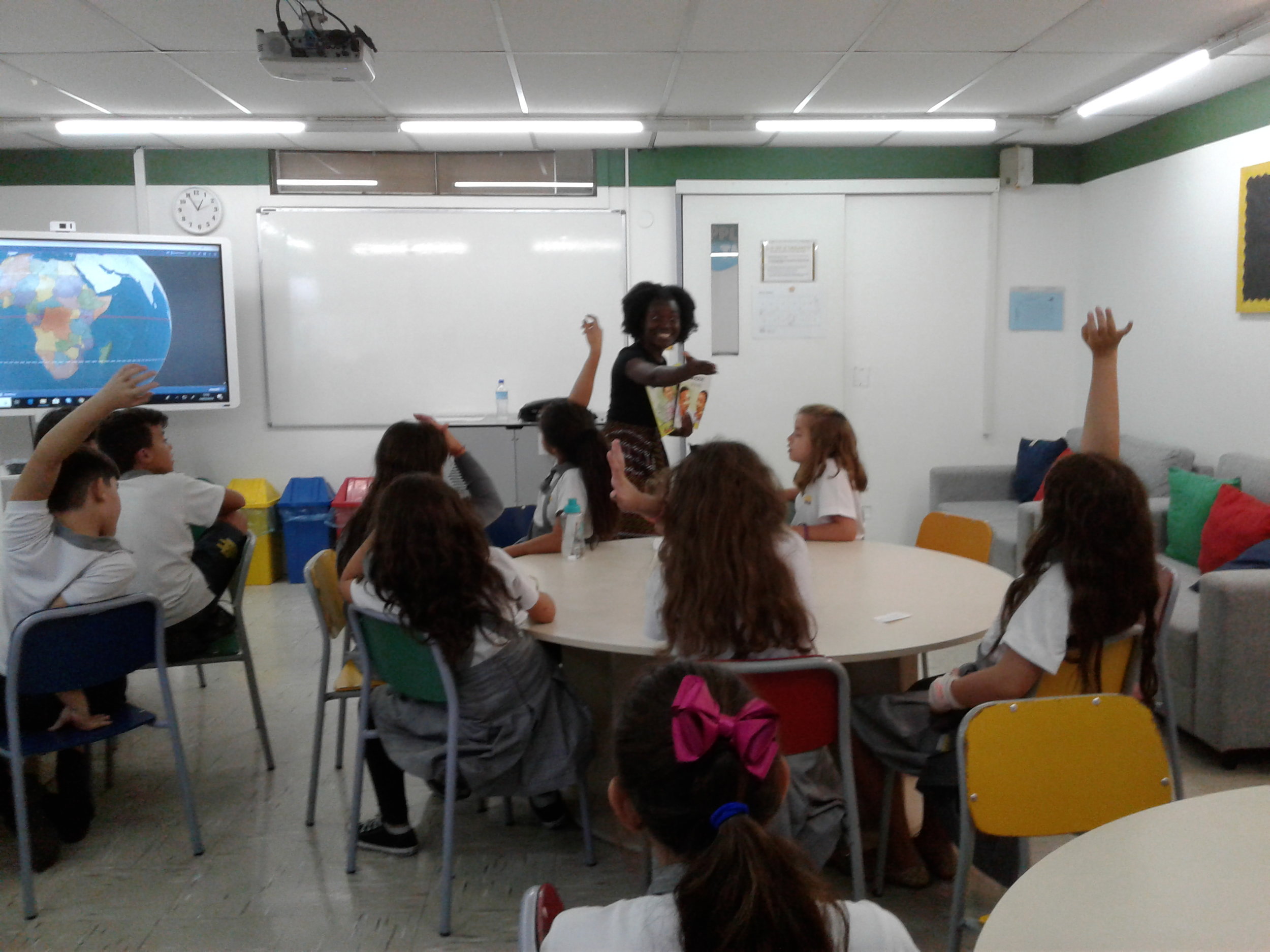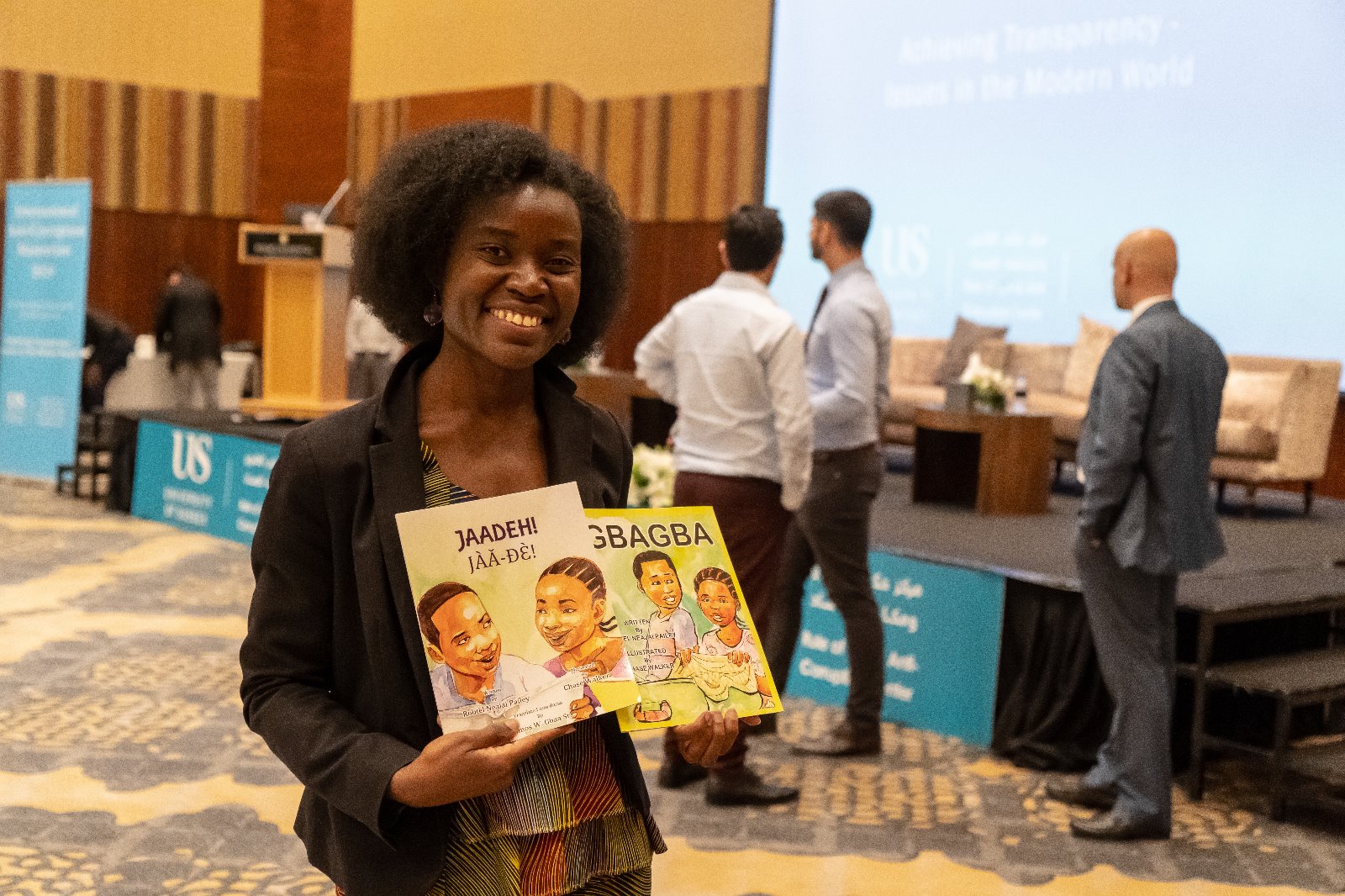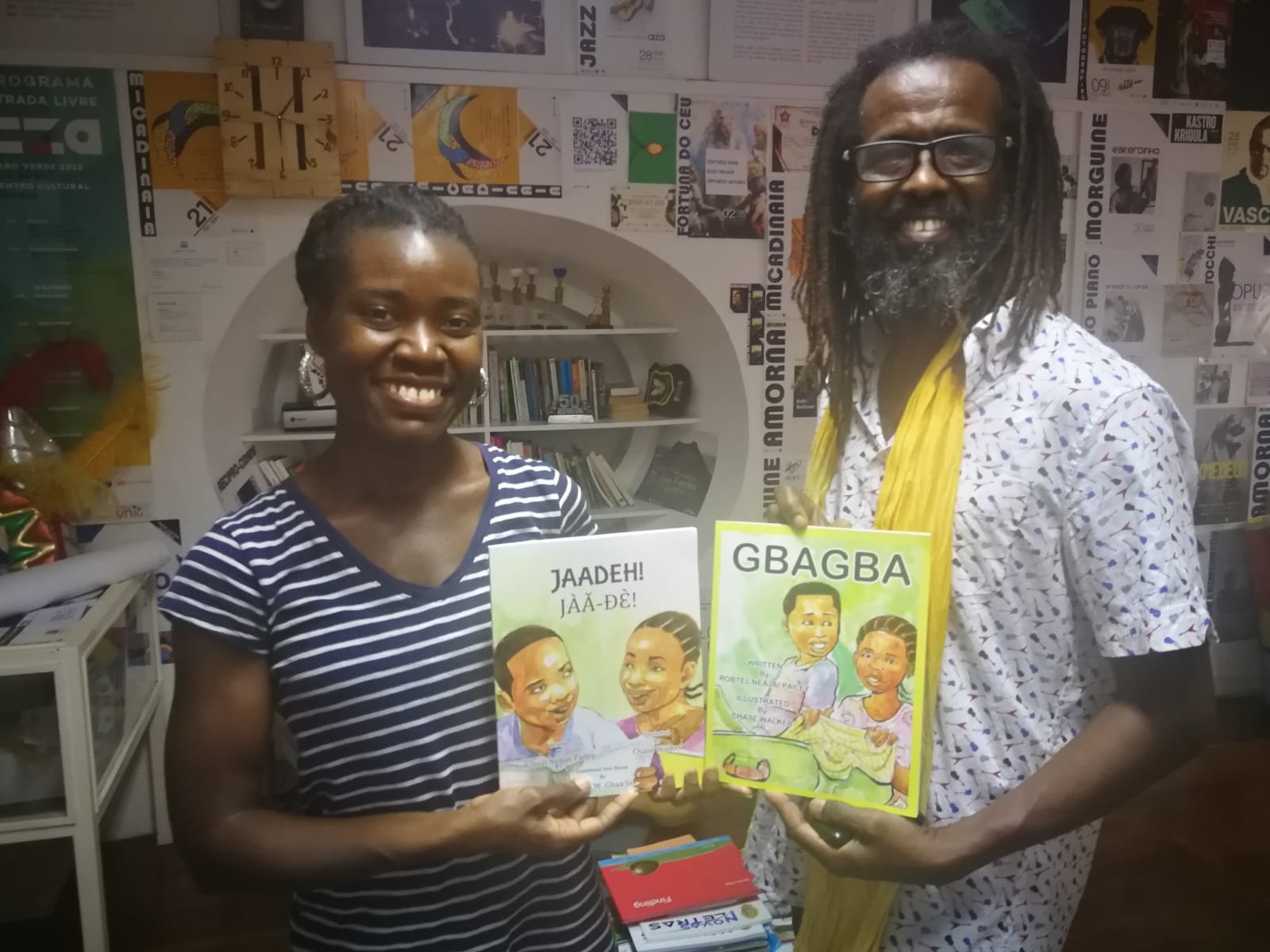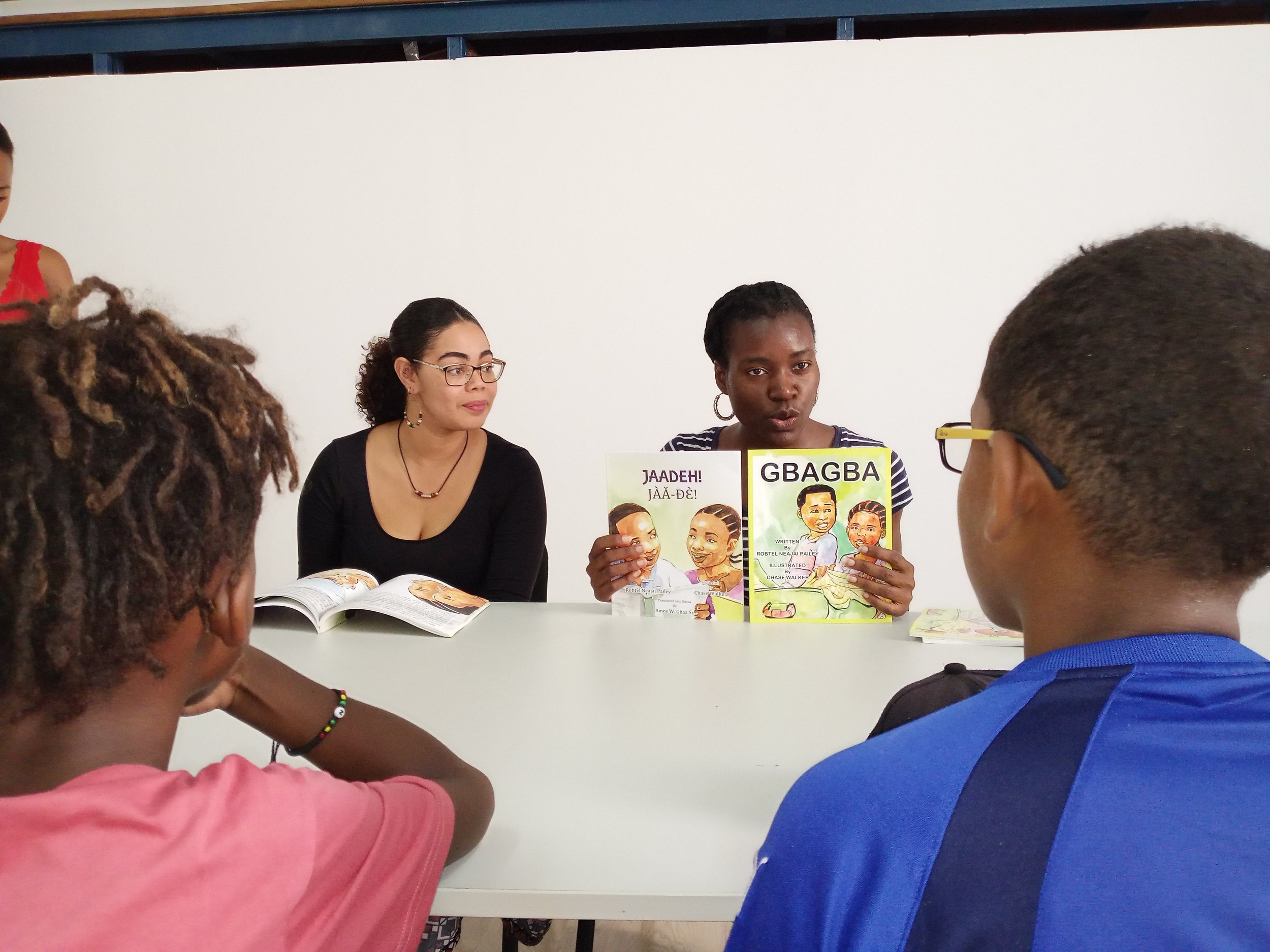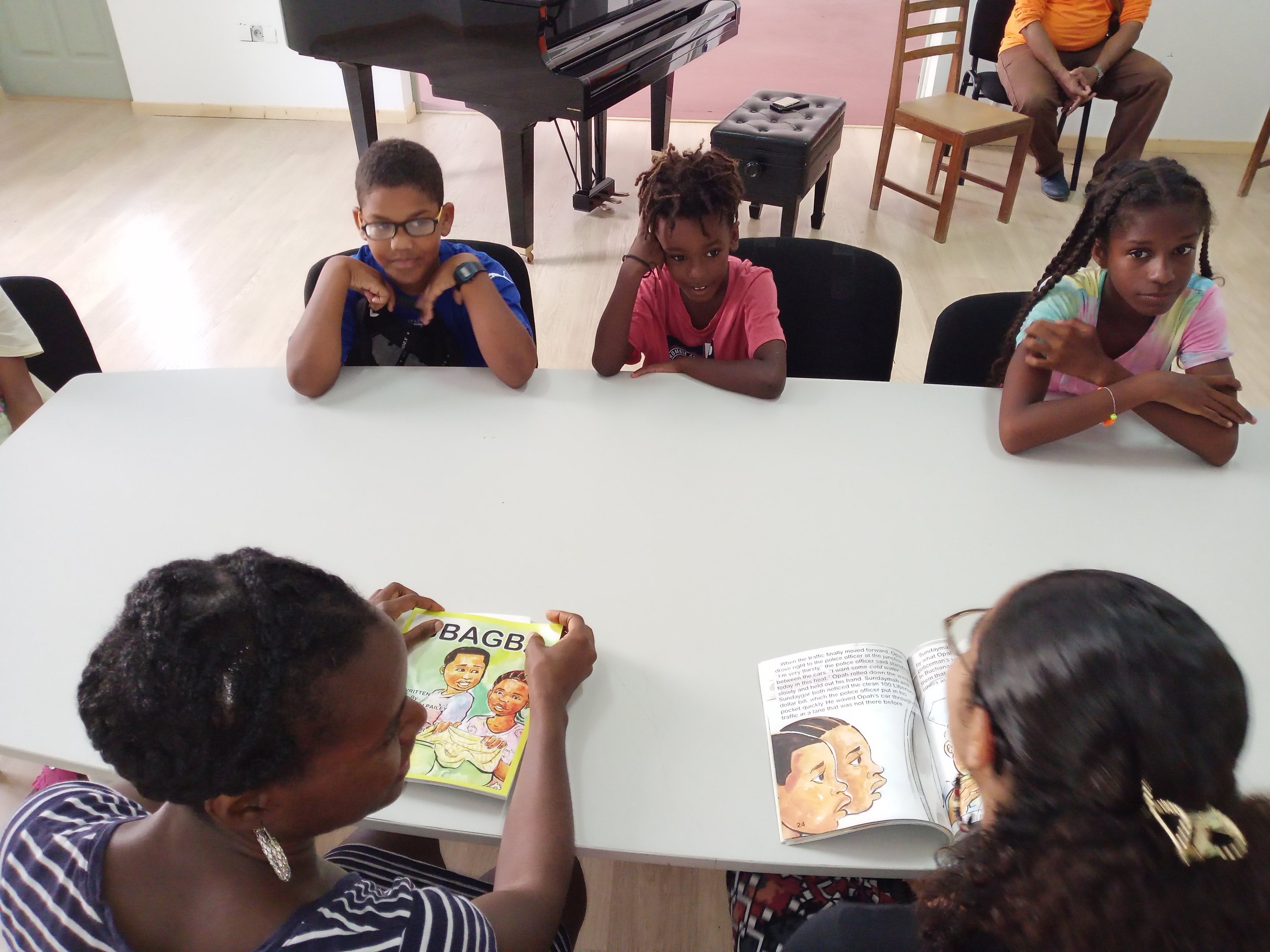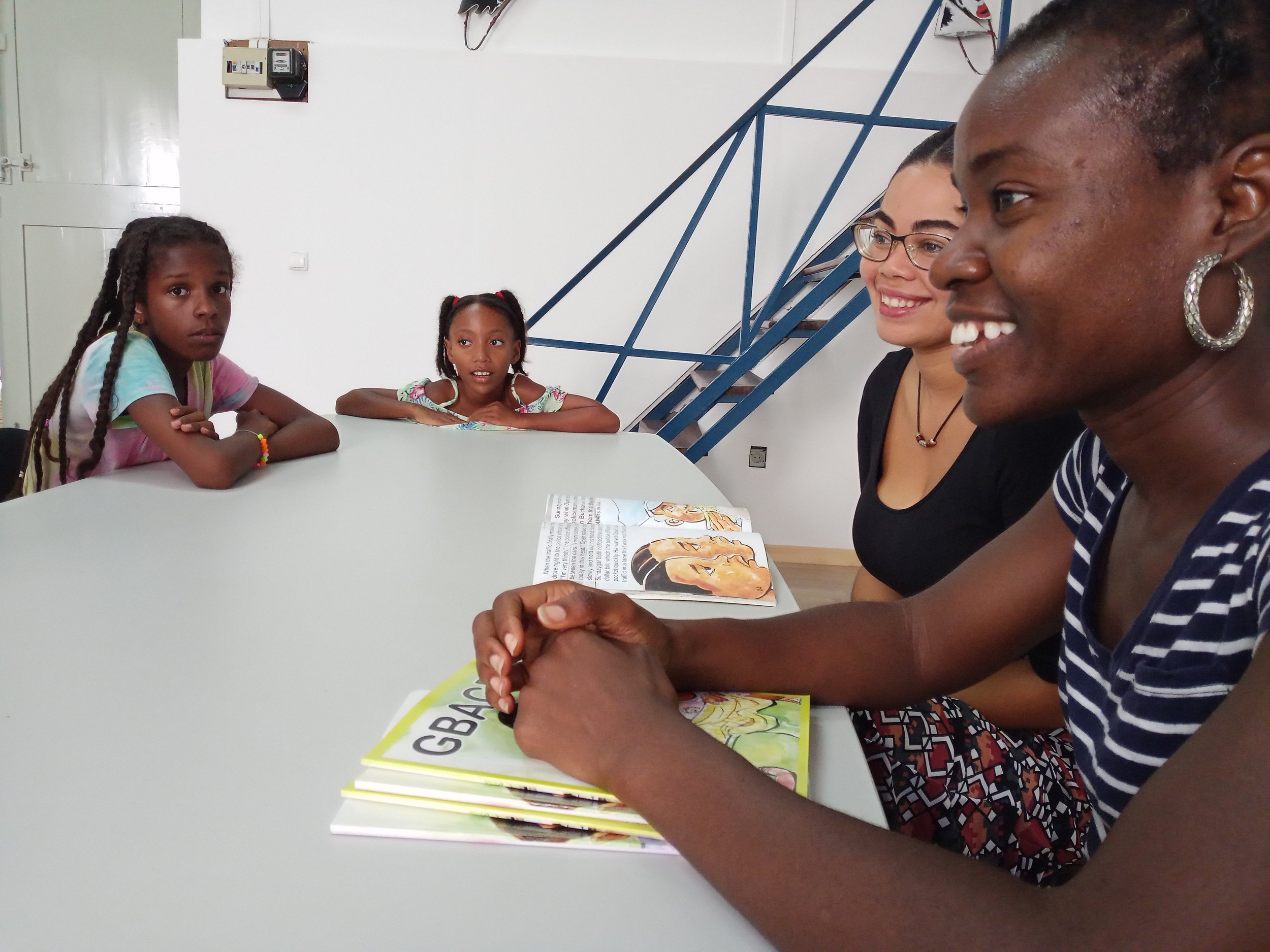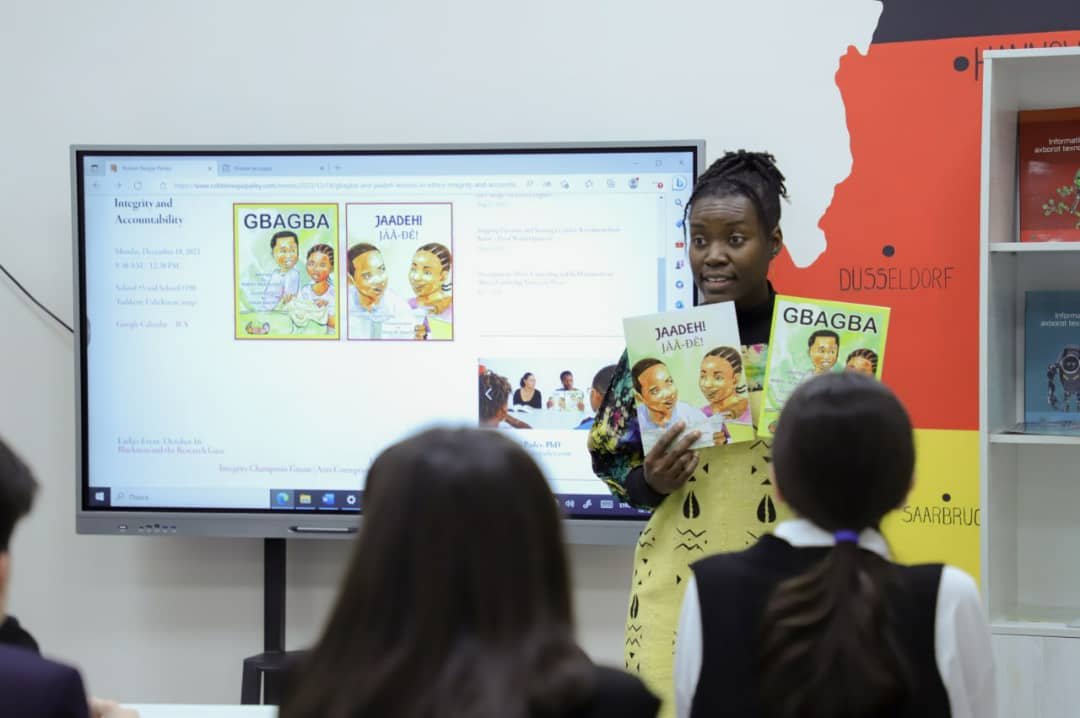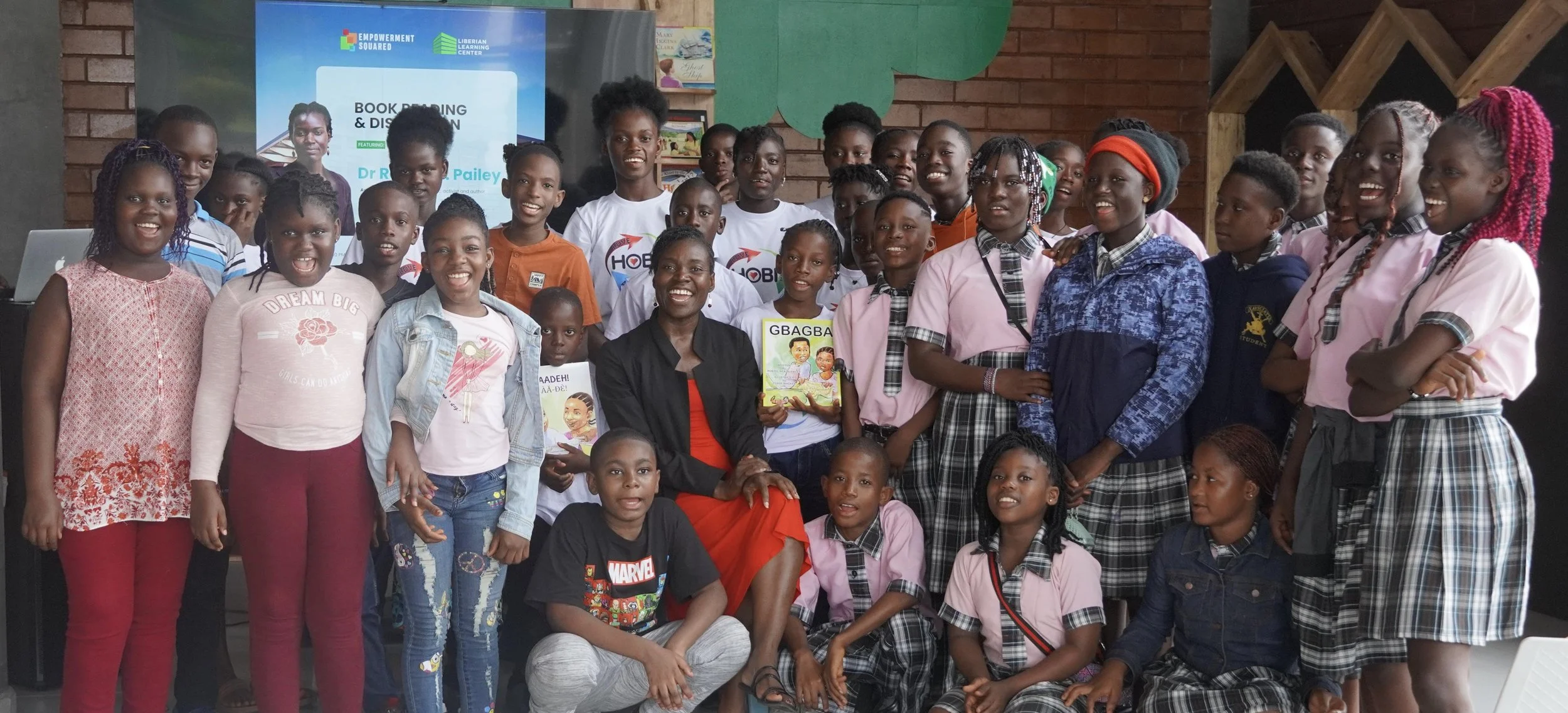In early 2007, three things were ubiquitous in Monrovia, Liberia’s capital: almost every other car had “UN” printed in big black letters on its sides, all-female police units from India served as a part of the peacekeeping force, and faded war graffiti was everywhere. The war ruins existed alongside a construction boom and the rise of upscale-gated compounds that coincided with the arrival of a massive United Nations (UN) Mission in Liberia…
First deployed in 2003, the UN presence was omnipresent for over 15 years as the country dragged itself from a brutal civil war and elected Ellen Johnson Sirleaf as the 24th President of Liberia and first elected female head of state in Africa. In 2018, after twelve years in power, President Ellen Johnson Sirleaf left her office with an inconsistent and disappointing record, a number of unkept promises and a nation struggling with poverty, poor health care, education, and public infrastructure. There were charges of corruption, and acts of nepotism where she appointed three of her children and her sister to key government posts. Despite the many disappointments, even seething anger from her people, she left office and made it possible for a peaceful transfer of power to another democratically elected leader, George Weah, a former professional footballer; something that hadn’t happened in Liberia in seven decades.
But the ghosts of Liberia’s troubled past linger.
Questions about citizenship, belonging and what unites a fragmented people remain. These questions keep re-emerging and threatening the loosely held country with its various factions and claims of belonging, ownership, and nationality. How does one take stock of those years?
Born in Monrovia, Liberian scholar and writer, Robtel Neajai Pailey tries to grapple with many of these questions in her memoir essay, “This Is Our Country” published by Warscapes magazine in February 2020. Pailey is an academic with expertise in international development and African decolonization. She has also written two anti-corruption children’s books. Despite being forced to live away from her country of birth for long periods, it seems that Liberia and its history remains at the core of her scholarship and writing…
